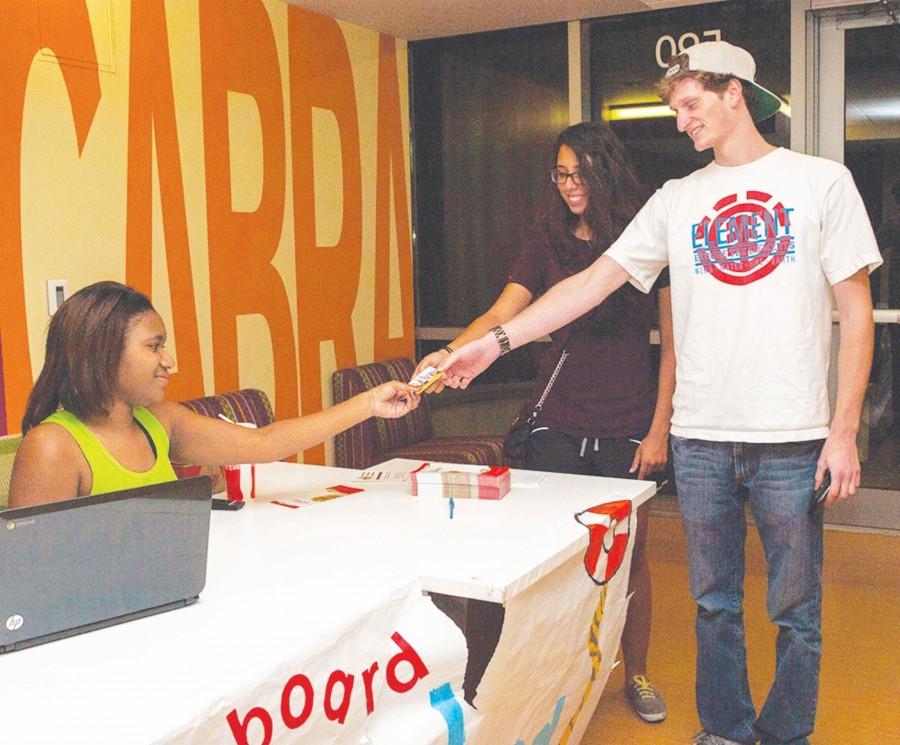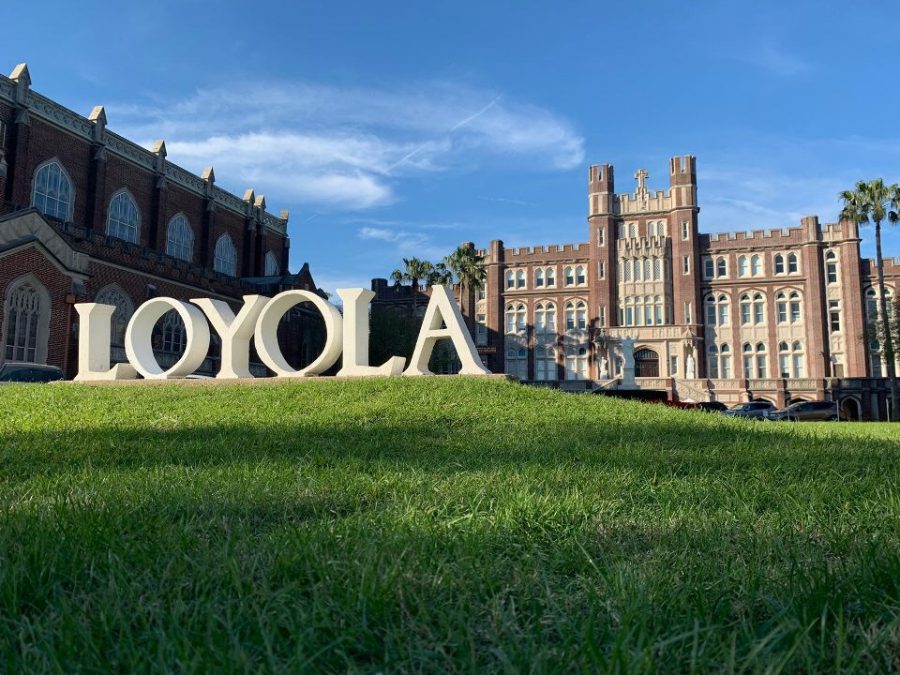Until three area directors on campus came together to formulate a new residential visitation policy, it looked as if a change would not come.
Residential Life area directors Alex Kelch, Christina Nielsen and Katie Cannella joined forces and after ten strenuous months of research, presenting, and receiving feedback the new visitation policy was implemented on June 1.
Kelch said the policy was going to change five years ago. Many people have tried to change the policy, including Student Government Association .
She even gave it a shot by herself, but every attempt “fell flat,” until the three area directors came together and decided to take on this challenge together, Kelch said.
“We were finally like, we will do it. We have the most interaction with students and are conduct officers. We enforce, hear the complaints, and have to live the policy. So it made sense to take it over,” Kelch said.
The new policy mainly focuses on the freshmen. Their visitation hours are from 9 a.m. to midnight until they have completed their Roommate Agreement with a Residential Life staff member.
Freshmen are also allowed to check in members of the opposite sex within these visitation hours, which is a part of the new policy.
Antonio Carriere, desk assistant in Carrollton Hall, said he believes that these changes benefit freshmen, and he understands why the changes were made.
“It gives them more responsibility and a sense of individuality as opposed to before. It was a sense of them feeling like they had rules like they were at home. In college, you’re an adult, and you should be treated as such,” Carriere said.
While changes are visible for freshman students, nothing really changed for upperclasmen students.
Upperclassmen still have 24-hour-visitation until they complete their roommate agreement.
Kelch gives an example of how the roommate agreement would help upperclassmen.
“Just because I’m an upperclassman doesn’t mean I want my roommate’s boo around all the time. Visitation is going to be specific to each room and roommate,” Kelch said.
In Biever Hall, residents are each only allowed one guest, but in Buddig Hall and Carrollton Hall, residents can have two visitors.
There is also a sexual relation clause. However, Cannella said that this clause is not a stance on sexual partners before marriage, but rather about respect of common space, she said.
“It encourages people to become considerate. Having a clause in the policy allows us to have the opportunity to talk about what it’s like to share a space and to be considerate of the comfort level of the people that you live with,” Cannella said.
Kelch said that minors may stay the night only if they are the siblings of the host and they received permission ahead of time. Minors will also be given temporary I.D. cards.
Infants to children aged five-years-old may visit but are not permitted to stay the night, according to the new policy.
“It’s for liability purposed. What if we have a fire and there is a baby in here?” Kelch said.
Kelch and Cannella said they’ve only had two conduct incidents in comparison to the many incidents in previous years.
“It has dramatically decreased the incidences without decreasing the safety while increasing student satisfaction. Last year, students thought the policy was stupid and we were over-parenting,” Kelch said. “It caused them to disrespect other policies and were frustrated with staff that were just enforcing the policy that was created way back when.”
Diana Mirfiq can be reached at [email protected]







